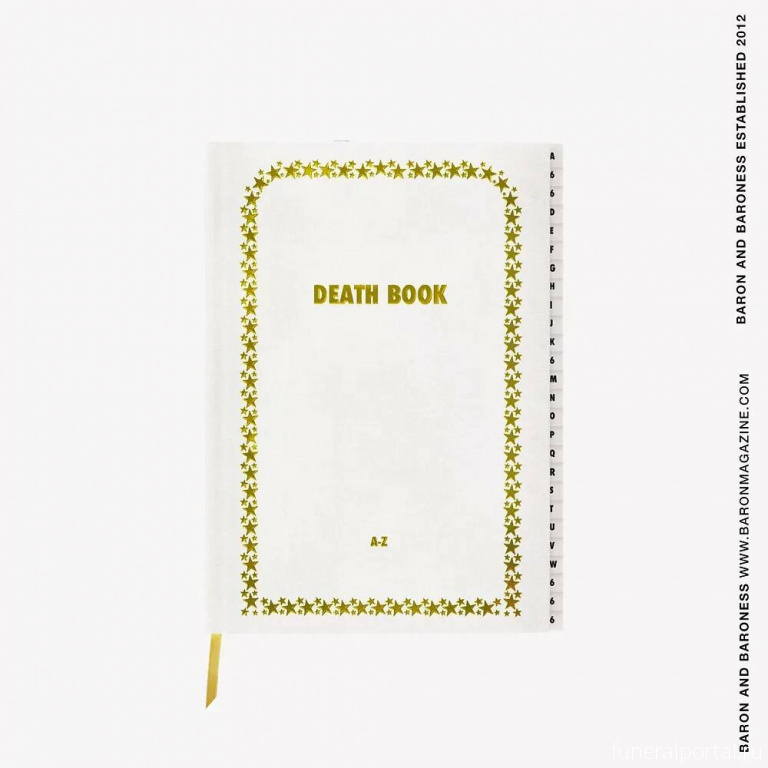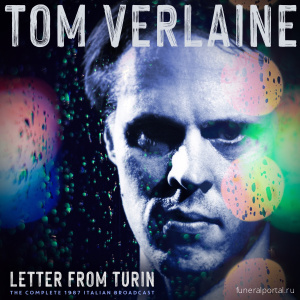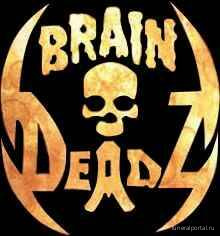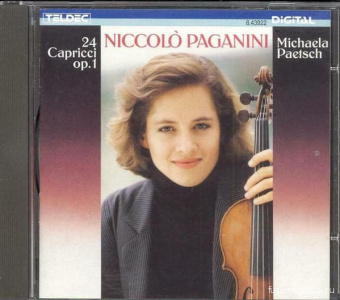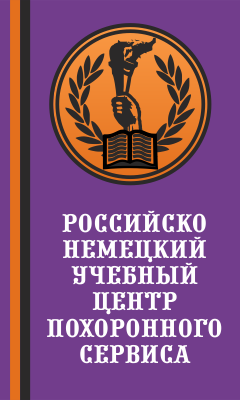
Ion Birch, “La Celeste” (2016), Death Book lll, BaronCourtesy of Baron Books - Dazed : Inside the provocative new edition of Death Book
Exploring contemporary depictions of death, Death Book III features work by Namio Harukawa, Cookie Mueller and Mike Diana, who speaks to Dazed about his work and the nature of obscenity
Text Miss Rosen

Every day, we are bombarded by news relating to death: from murders and suicides, to mass shootings and acts of war – not to mention sickness and disease. As the old saying goes, “If it bleeds, it leads,” and the media inundates us with stories of devastation that horrify, enrage, sadden, then numb and depress our ability to process the never-ending flood of brutality and death. Industry then repackages this as entertainment in countless forms, feeding it back to us as fun and games. Yet for all of its hypervisibility, we struggle with the profound impact of our shared, inevitable fate.
Artists have long confronted the subject of death in their work, searching for ways to express, explore, and release our fear and anxiety around it; throughout the ages, it has been used to romanticise, glorify, heroicise, moralise or warn. The new book, Death Book III (Baron), brings together the work of artists who are carrying on in this tradition, including Namio Harukawa, Christina Quarles, Cookie Mueller, and Mike Diana – an underground cartoonist who became the first person to be convicted of artistic obscenity in the United States in 1994 for his comic Boiled Angel.
Diana created Boiled Angel as a space to release the negativity he was feeling as a teen growing up in Florida during the late 80s and early 90s. At the time, censorship had reached frightening new heights. The Parents Music Resource Center used the federal government to crack down on the music industry, specifically targeting rap and heavy metal music for obscenity; North Carolina Senator Jesse Helms fought to eliminate the National Endowments of the Arts after it awarded grants to openly gay artists like Andres Serrano and Robert Mapplethorpe during the height of the AIDS crisis; and the Los Angeles chapter of the National Organisation for Women called for a nationwide boycott to try to suppress the publication of Brett Easton Ellis’ 1990 novel, American Psycho.
Like his contemporaries, Diana used his art to reflect the culture he lived in – one fuelled by headlines of a ‘Satanic Panic’, serial killers and drug wars that served up the lurid details of violent crimes every day on the six o’clock news. A first-time offender, Diana escaped a three-year prison sentence but was forbidden to draw as terms of his probation, which finally ended in February 2020. Fortunately, Diana did no such thing, producing an elegiac memorial to 9/11 on the first anniversary, which appears in Death Book III. Here, he shares his journey to create art on his own terms.

Mike Diana, “Rollerblades” (2002), Death Book lll, BaronCourtesy of Baron Books
Could you speak about how you realised you were ‘drawing outside the lines’ of polite society, so to speak?
Mike Diana: I was an artist at an early age. Maybe I didn’t know any better than average people who think art is supposed to be pleasing to look at or make you happy. I was doing things not as normal as other children. When I was in kindergarten we had an assignment to draw a family portrait and I drew my whole family nude. The teacher came over and whispered, ‘Oh! Where are their clothes?’ and I felt ashamed, like I did something wrong. So I erased the genital areas and drew clothes over them, but you could still see the indentations of what was there before. We had an open house and everyone’s drawings were hanging up. My father looked at it and started laughing. He said, ‘You draw us naked?’ and I said, ‘No, no.’ That was an early lesson that certain things shouldn’t be done.
How did you become interested in comic book art?
Mike Diana: I was born in upstate New York, then we moved to Florida when I was eight years old. I always felt like I was forced to leave New York, and as I got older, Florida felt like a wasteland. As a teenager, you’re dealing with depression and trying to figure things out. I kept drawing; it was my favourite subject in school and I got straight As. I started reading Heavy Metal magazine around age 13 or 14, and saw an advertisement for an underground comix grab bag, so I ordered some. I felt like these things were made for me even though they were from the 70s and this was the 80s. I started doing comics and at school, I would pass them around class. Doing this kind of artwork helped me with my own feelings of anger and depression which were normal as a young teenager.
“Doing this kind of artwork helped me with my own feelings of anger and depression which were normal as a young teenager” – Mike Diana
How did making zines help you cope with Florida’s toxic culture?
Mike Diana: While I was doing Boiled Angel, I got into the habit of watching the news. This was 1989, ’90, ’91, and every day there was talk of serial killers. The news in Florida was catering to certain kinds of fear and sensationalism. It seemed like, it was all right to talk about these things because it happened for real but at the same time people were being desensitised. I couldn’t help but feel upset. It reminded me of all the injustice happening to people. I started channelling some of that into my Boiled Angel work. I was dealing with things like serial killers and priests molesting children. I didn’t realise it at the time but that kind of news was perpetuating the depression and I would draw to try to get it out of my system.
With Boiled Angel, I also took contributors. I remember one went by the name Mr Ed and he would send me poems about child abuse. He wrote me once and said he was abused himself as a child and went to a psychiatrist about it. They encouraged him to make drawings to deal with his feelings and I was able to give him a place to be published. I wanted people to read comics and get some entertainment but I also wanted there to be some kind of message because I was pouring my feelings into the work.

Mike Diana, “Satanic Hammer” (2002), Death Book lll, BaronCourtesy of Baron Books
Why do you think society scapegoats artists and musicians instead of looking to the familial and environmental conditions that give rise to their work?
Mike Diana: I’ve thought about that a lot and I feel like a victim of that. Maybe it has to do with people’s backgrounds. My grandfather was from Kentucky and he had a farm there. We would visit him in the summer when I was a kid. Around 1989, he was visiting us in Florida for a week. I was working on Boiled Angel Issue 2. I was in my room drawing because I knew not to show this stuff to people like my father who didn’t like it. My grandfather looked over my shoulder while I was drawing a woman with a distorted face, breasts and eyeball hanging out.
I didn’t know what he was going to think. Well, in that moment I had forgotten he was in the Navy, he had a full life. I heard the stories of how he used to beat my grandmother when he was younger. He was watching me draw and after a moment he said, ‘Boy, son, you really know how to draw those tits and eyeballs, don’t ya?’ I started laughing. Of course, he wasn’t going to get upset about a drawing or feel like there was something wrong with me.
My father, on the other hand, was very uptight about this stuff. You have people with limited experience or certain ideas, and they don’t want to be offended by something that’s going to mess with their views and make them think differently than they want to. The kind of people me and my friends would make fun of because they would be watching TV, get offended, and write a letter to the network saying, ‘I don’t like this.’
How do you define obscenity?
Mike Diana: I had to do a lot of soul-searching. When I was first going to my lawyer, we talked about my reasons for doing it to explain it to the jury. We talked about TV news – how it made me feel bad and want people to know what was going on. Knowing there are child molesters in the community and they just get away with it was offensive to me. But as a child, you don’t really have a voice.
People’s closed-mindedness offended me. They just feel like they know everything, that their opinion matters and mine does not. I knew about the censorship of music with the PMRC, of horror films, and pornography. In Florida, you could go to a porn theatre but you can’t touch yourself or open your pants. I lived near the one where Pee Wee Herman was busted. Four undercover cops were sitting near him – that’s where our tax money goes – and when he pulled it out they pounded on him. The hypocrisy of people just made me crazy. Some people are empowered to have their own opinion, even though their opinion is about squashing other people’s views.
“Some people are empowered to have their own opinion, even though their opinion is about squashing other people’s views” – Mike Diana
Can you describe what it was like to finally be off probation as of February 2020?
Mike Diana: When I was convicted, I was facing three years in jail but since I had no previous record, the judge gave me three years probation instead. One of the conditions was I wasn’t allowed to draw – or even have any pencils in my apartment because they could come in without a warrant to search for them. I was filing an appeal so we put the probation on hold until the outcome of the appeal, and I just decided to move to New York City in 1996 as my birthday gift to myself. The day after I arrived in New York my father called and told me the police were looking for me, just by coincidence. The appeal was denied – and they denied any further appeals.
Since I was already living in New York, they couldn’t extradite me on misdemeanour charges. They tried to switch my probation to New York and the probation officer laughed and said, ‘We can’t get involved in this.’ So the probation officer in Florida said they would let me do it by mail, and I could just send them the monthly $50 probation fee. I started getting behind and it was easy for me to say, ‘Screw it, I’m done.’ I snuck in and out of Florida a few times to visit my mother but I always felt like it was hanging over my head. So when we did the documentary [Boiled Angels: The Trial of Mike Diana], we had a Kickstarter and raised extra money just to pay the fine and my lawyer.
Can you tell us about your drawing of 9/11 for Death Book III?
Mike Diana: I was living in North Bergen, New Jersey at the time. At 9am, my neighbour knocked on my door and said that something had happened to the World Trade Center. We went up to the roof, because we had an amazing view of everything, and I saw an explosion which I later learned was the second plane. I didn’t realise I was somewhat traumatised from watching this horrible thing. I ended up doing a two-page comic for a 9/11 tribute by Dark Horse Press, and on the first anniversary, I did this drawing for Death Book III.
Can you speak about the significance of Death Book III in 2022, at a time when people are alternately consumed by grief or living in complete denial?
Mike Diana: One thing about humans is that they’re not going to stop reproducing. Most people are not going to say, ‘Well this world is too crappy for us to bring life into it.’ Even if we’re living in domes, people are going to do what they do. It’s a strange thing.
Death Book III is published by Baron Books and is out now.
Exploring the great NSFW beyond with Baron Magazine’s Death Book
https://www.stackmagazines.com/literature/baron-magazine-death-book/
Death Book
https://www.stackmagazines.com/erotic/death-book/
Death Book ll. The second instalment of The Death Book is dedicated to Bruce LaBruce’s archive of rarely published or previously unpublished work
https://moom.cat/en/item/death-book-ll
